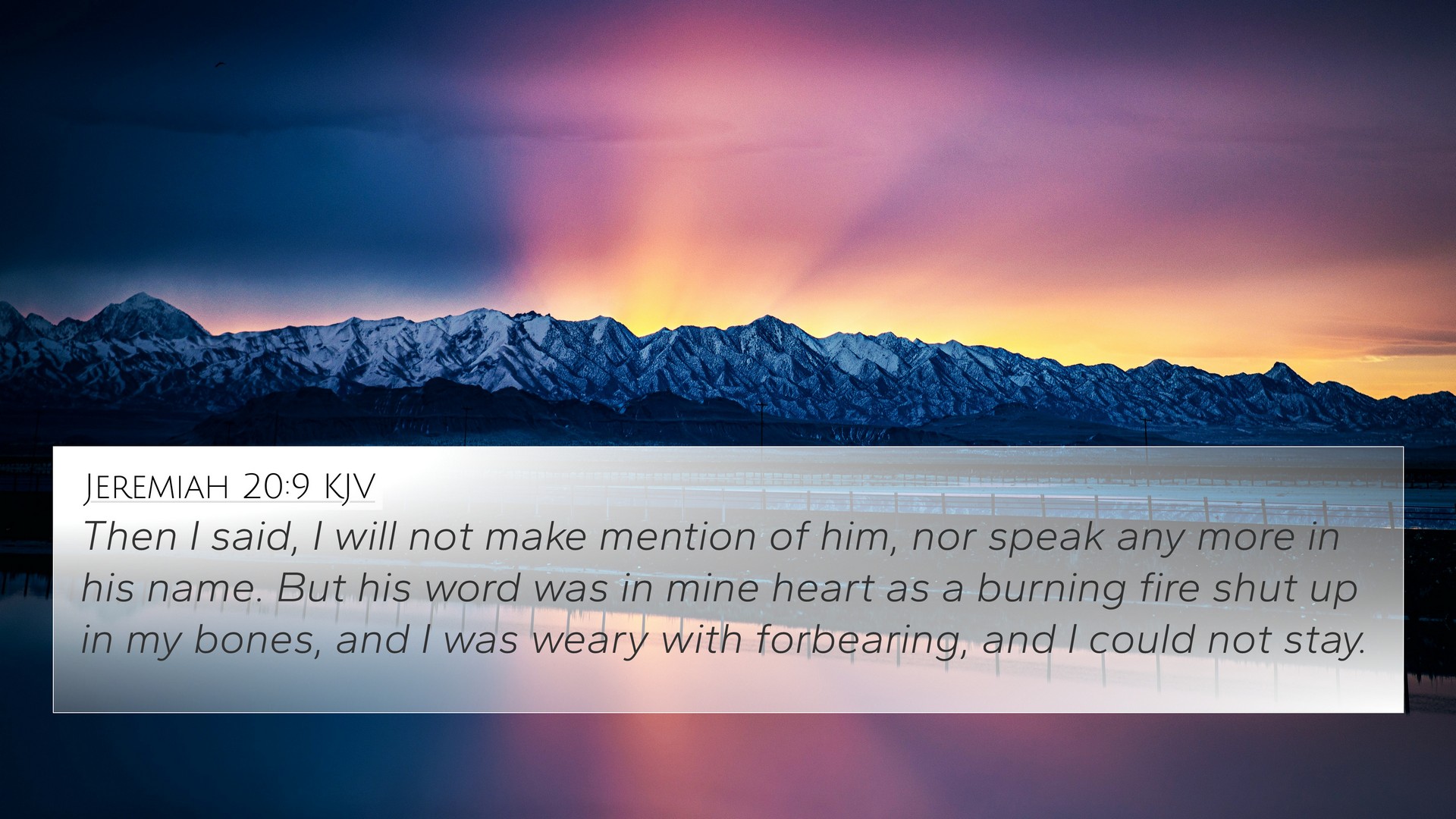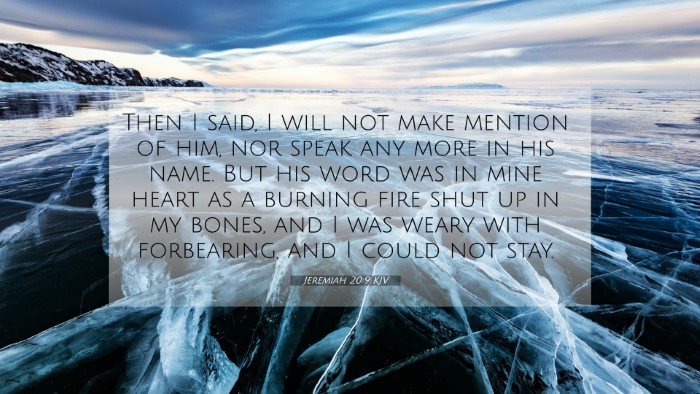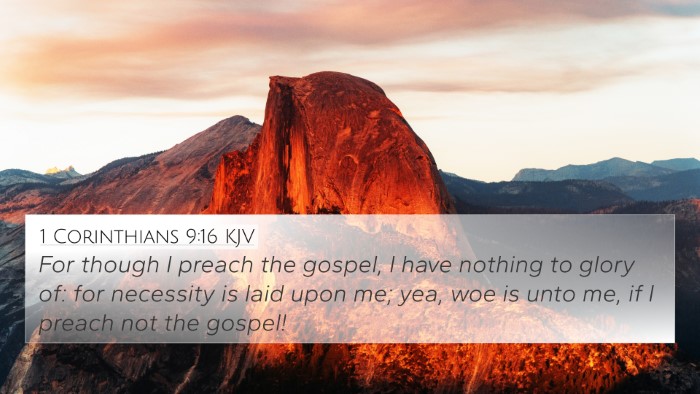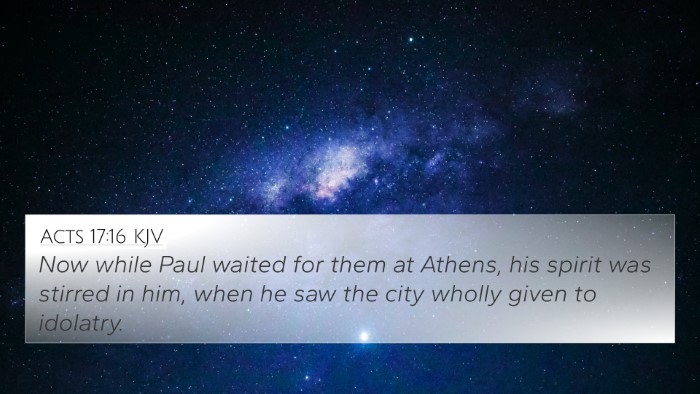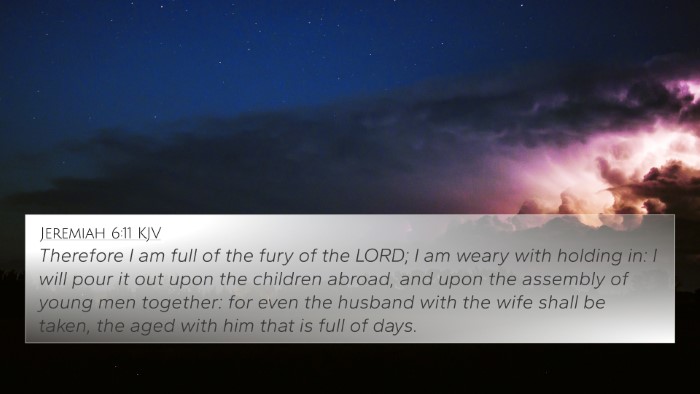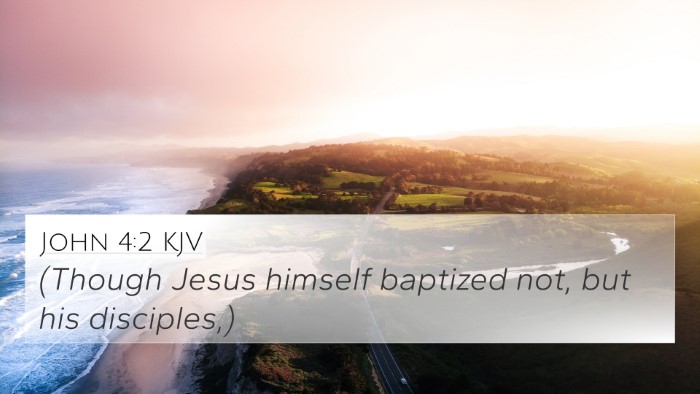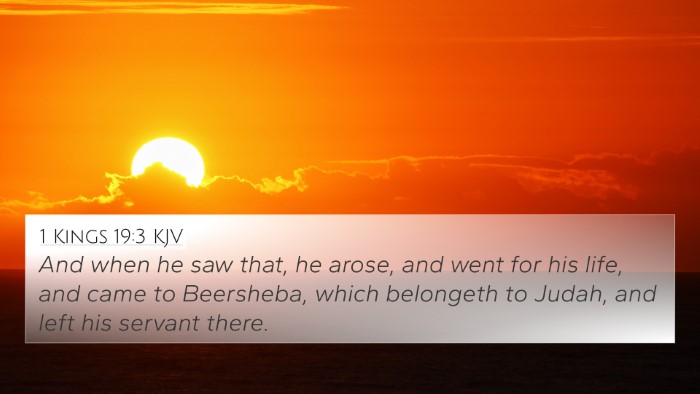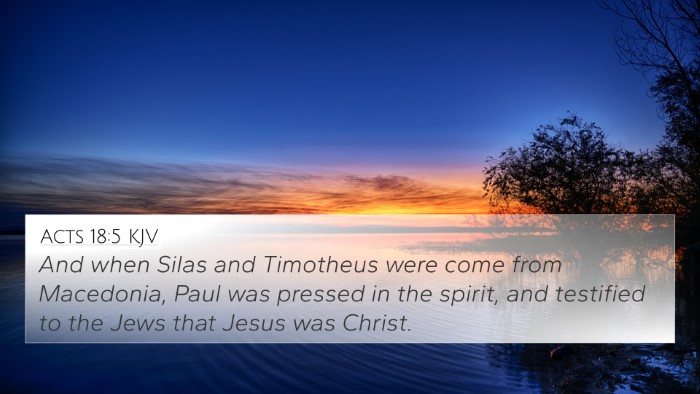Understanding Jeremiah 20:9
The verse Jeremiah 20:9 states:
"But if I say, 'I will not mention His word or speak any more in His name,' His word is in my heart like a fire, a fire shut up in my bones. I am weary of holding it in; indeed, I cannot." (NIV)
This powerful statement reflects the inner turmoil of the prophet Jeremiah as he grapples with the burdens of delivering God's message in a world that often rejects it.
Meaning and Interpretation
Jeremiah, often referred to as the "weeping prophet," expresses frustration and a deep sense of obligation to proclaim God's word, despite the dangers and his own personal strife.
Insights from Public Domain Commentaries
Matthew Henry's Commentary
Henry highlights the idea of divine compulsion in Jeremiah's calling. He notes that even the desire to stay silent is overshadowed by a burning urge to speak God's words. Henry emphasizes the metaphor of fire as a symbol of divine inspiration and energy.
Albert Barnes' Commentary
Barnes provides a detailed analysis regarding the internal conflict that Jeremiah faces. He stresses that the prophetic word is not just a message but an integral aspect of the prophet’s identity. The use of the word "fire" suggests both passion and urgency, indicating that the call to prophesy cannot be easily extinguished.
Adam Clarke's Commentary
Clarke offers an examination of the psychological and spiritual implications of Jeremiah's declaration. He compares Jeremiah's situation with other prophets who faced similar challenges, illustrating the universal theme of a prophet’s struggle against the rejection of their message.
Cross References and Thematic Connections
- Psalms 39:3 - "My heart grew hot within me; while I meditated, the fire burned; then I spoke with my tongue." - This verse parallels Jeremiah's experience of an internal compulsion to speak God's truth.
- Luke 12:49 - "I have come to bring fire on the earth, and how I wish it were already kindled!" - Jesus speaks of the consuming nature of His mission, similar to Jeremiah's burning desire to convey God’s message.
- Hebrews 4:12 - "For the word of God is alive and active. Sharper than any double-edged sword..." - This verse emphasizes the power and vitality of God's word, akin to the ‘fire’ that Jeremiah describes.
- Acts 4:20 - "For we cannot help speaking about what we have seen and heard." - The apostles reflect a similar urgency in sharing their testimony as conveyed by Jeremiah.
- Ezekiel 3:14 - "And the Spirit lifted me up and took me away, and I went in bitterness and in the heat of my spirit..." - This denotes the inner struggle faced by prophets called to deliver difficult messages.
- Jeremiah 1:17 - "But you, dress yourself for action. Arise, and say to them everything that I command you..." - This earlier verse establishes Jeremiah's prophetic calling, leading into the deeper struggles he faces.
- 2 Corinthians 5:14 - "For Christ’s love compels us, because we are convinced that one died for all, and therefore all died." - Similar in theme, conveying that love and duty can drive one to express divine truths.
- Matthew 10:20 - "For it is not you who speak, but the Spirit of your Father speaking through you." - Another reference to divine inspiration provided in delivering God's message.
- 1 Thessalonians 2:4 - "On the contrary, we speak as those approved by God to be entrusted with the gospel." - Highlights the responsibility and fervor tied to proclaiming the gospel similar to what Jeremiah expresses.
- Revelation 10:9-10 - "So I went to the angel and asked him to give me the little scroll. He said to me, 'Take it and eat it; it will turn your stomach sour, but in your mouth it will be as sweet as honey.'" - Represents the duality of prophetic messages which can be both enticing and painful, echoing Jeremiah's sentiments.
Tools for Bible Cross-Referencing
Understanding verses in the Bible is greatly enhanced by the use of various tools for cross-referencing. Here are some tools and methods:
- Bible Concordance - An index of words and phrases found in Scripture that helps in locating relevant verses.
- Bible Cross-Reference Guide - A guide designed to direct the reader to related scriptures on a particular subject.
- Cross-Reference Bible Study - Engaging in a study method that focuses on connecting passages thematically or contextually.
- Bible Chain References - A method of noting verses that build on each other sequentially, enhancing understanding of progressive revelations.
- Comprehensive Bible Cross-Reference Materials - Resources available in print or online that provide detailed cross-references for thorough study.
- Identifying Connections between Old and New Testament - Recognizing how prophecies in the Old Testament are fulfilled in the New Testament.
- Comparative Study of Pauline Epistles - Analyzing theological themes across letters written by Paul to grasp his message fully.
Conclusion
Jeremiah 20:9 serves as a profound testament to the internal struggle faced by prophets and believers alike who are compelled to share God’s message, regardless of the challenges. By utilizing cross-references and engaging in comparative analyses of scriptures, we can deepen our understanding of this powerful verse and its implications throughout the Bible.
